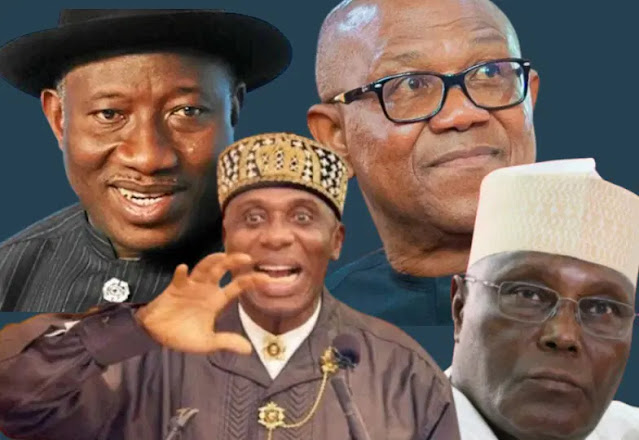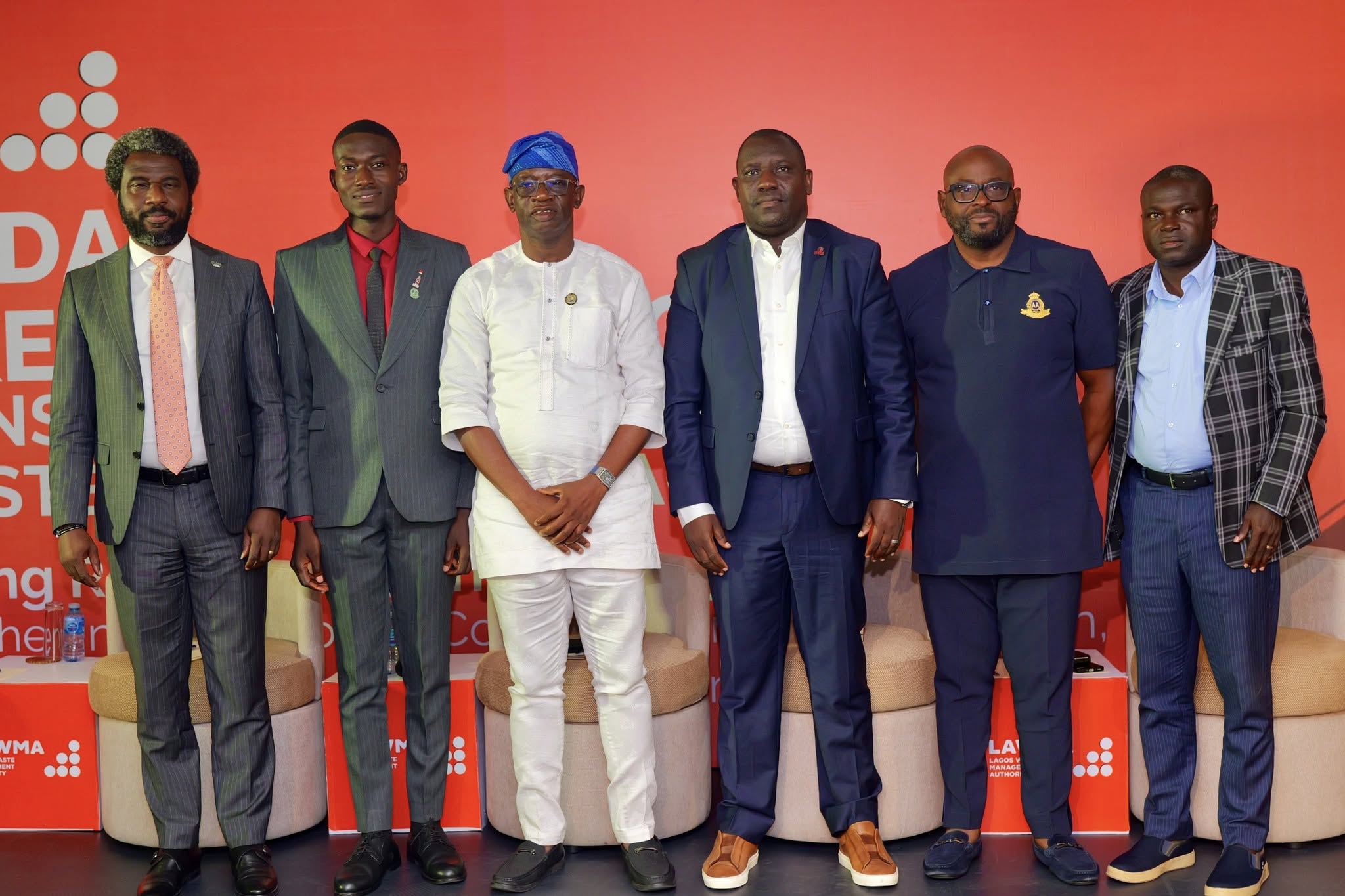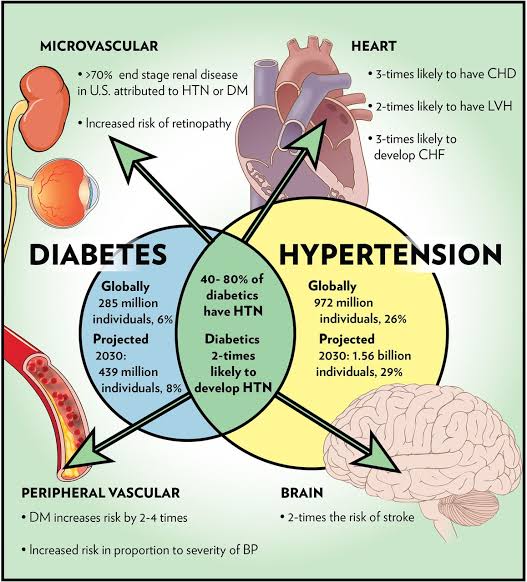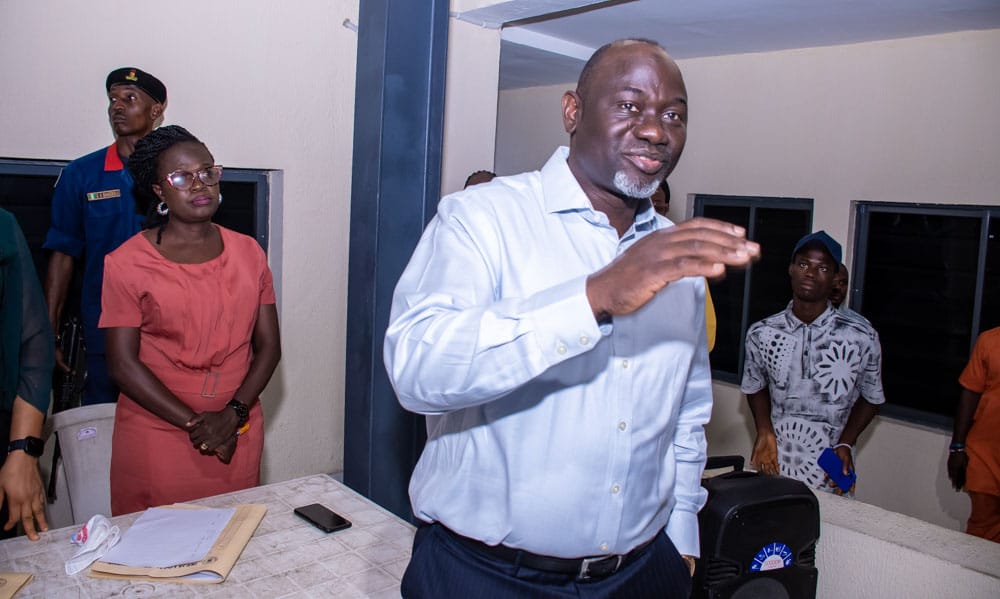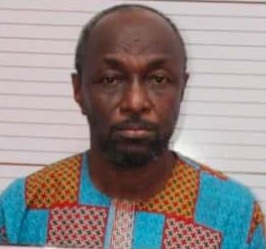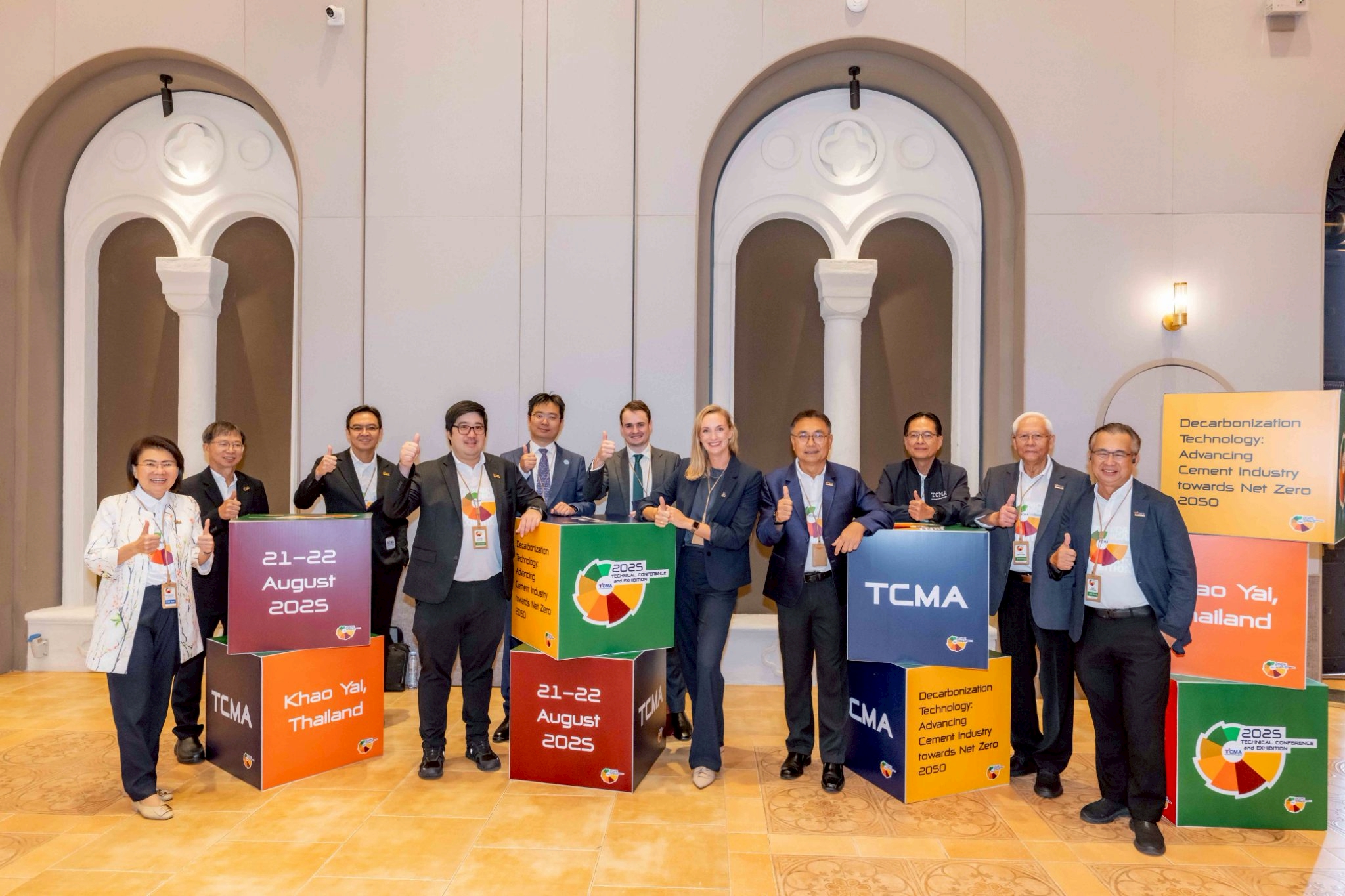In a scathing critique of Nigeria’s two dominant political parties, the African Democratic Congress (ADC) has accused the Peoples Democratic Party (PDP) of orchestrating a calculated political maneuver by zoning its 2027 presidential ticket to the South. The ADC’s National Publicity Secretary, Mallam Bolaji Abdullahi, made this assertion during an appearance on Channels Television’s The Morning Brief on Tuesday, August 26, 2025. Abdullahi described the PDP’s zoning decision as a strategic ploy to attract high-profile southern politicians, including former President Goodluck Jonathan, Labour Party’s Peter Obi, and former Rivers State Governor Rotimi Amaechi. The ADC’s critique, which also targeted the All Progressives Congress (APC), underscores growing concerns about the prioritization of political scheming over Nigeria’s pressing socio-economic challenges. With the 2027 elections still two years away, the ADC’s remarks have ignited a debate about the motivations behind early zoning decisions and their implications for Nigeria’s political future.
A Political Game in Motion
The PDP’s recent announcement that its 2027 presidential ticket would be zoned to the South, while retaining the national chairmanship in the North, has sparked intense speculation about the party’s intentions. The decision comes on the heels of the PDP’s 2023 electoral defeat, which many attributed to its controversial choice to field a northern candidate, Atiku Abubakar, to succeed a northern president, Muhammadu Buhari. The zoning of the 2027 ticket to the South is widely seen as an attempt to rectify that misstep, restore regional balance, and rebuild trust among southern voters.
However, the ADC’s Bolaji Abdullahi dismissed the PDP’s move as a calculated act of “political gamesmanship” designed to lure prominent southern politicians into its fold. During his appearance on The Morning Brief, Abdullahi argued that the PDP’s early zoning decision—made two years before the 2027 elections—suggests a deeper agenda. “They [PDP and APC] are very experienced people, and they know the implications of showing their way too early,” he said. “So, it’s either they are playing a predetermined game or baiting some people to come around.”
Abdullahi specifically pointed to Peter Obi, Goodluck Jonathan, and Rotimi Amaechi as potential targets of the PDP’s strategy. Obi, a former Anambra State governor and the Labour Party’s 2023 presidential candidate, has emerged as a formidable opposition figure with a strong following among Nigeria’s youth. Jonathan, who served as president from 2010 to 2015, remains a respected figure with significant appeal in the South-South. Amaechi, a former governor of Rivers State and ex-Minister of Transportation under the APC, is another southern heavyweight whose political ambitions have been the subject of speculation. By zoning its ticket to the South, the PDP appears to be positioning itself to attract these influential figures, potentially consolidating the opposition ahead of 2027.
A Critique of Political Elitism
Abdullahi’s remarks went beyond criticizing the PDP’s zoning decision, targeting the broader behavior of Nigeria’s political elite. He accused both the PDP and the APC of prioritizing political maneuvering over addressing the country’s mounting socio-economic challenges. “Why are we so preoccupied and behaving in such a way that Nigerians begin to look at the political elite across the divides as if we don’t care about them?” he asked, highlighting the disconnect between Nigeria’s political class and its citizens.
With inflation soaring, insecurity plaguing multiple regions, and unemployment rates stubbornly high, Nigeria is grappling with crises that demand urgent attention. Abdullahi argued that the early focus on zoning and electoral strategies, when the 2027 elections are still two years away, is “insensitive” and risks further alienating a populace already frustrated with governance. “Nigerians can see right into it,” he said of the PDP’s zoning decision. “PDP people are not naïve; they are very experienced politicians. For them to take that decision two years ahead of the presidential election, there must be a game on, and we can see right through it.”
The ADC’s critique resonates with a growing sentiment among Nigerians, particularly younger voters, who are increasingly disillusioned with the country’s two dominant parties. The PDP and APC, which have alternated power since Nigeria’s return to democracy in 1999, are often criticized for perpetuating a cycle of elite-driven politics that prioritizes power struggles over substantive policy solutions. Abdullahi’s comments reflect the ADC’s attempt to position itself as an alternative to this status quo, emphasizing grassroots mobilization and a focus on governance over political scheming.
The APC’s Parallel Strategy
The ADC’s criticism was not limited to the PDP. Abdullahi also took aim at the APC, which has endorsed President Bola Tinubu for re-election in 2027. The APC’s decision to rally behind Tinubu, a southerner from the South-West, is rooted in Nigeria’s informal North-South power rotation, a practice that has shaped the country’s political landscape for decades. After eight years of northern leadership under Muhammadu Buhari, Tinubu’s presidency was framed as a return of power to the South, and the APC’s early endorsement of his re-election bid signals its intent to maintain regional balance while consolidating its hold on power.
However, Abdullahi dismissed the APC’s move as another example of political gamesmanship. He argued that both parties’ early declarations—whether the PDP’s zoning decision or the APC’s endorsement of Tinubu—are premature and indicative of a broader pattern of prioritizing political strategy over governance. “They know the implications of showing their way too early,” he reiterated, suggesting that both parties are engaging in calculated moves to shape the 2027 electoral landscape well in advance.
The APC’s endorsement of Tinubu, like the PDP’s zoning decision, is not without risks. Tinubu’s administration has faced significant challenges, including economic hardship and public discontent over rising living costs. The APC’s early commitment to his re-election could backfire if these issues persist, providing an opening for the opposition to capitalize on anti-incumbency sentiment. Abdullahi’s critique underscores the ADC’s belief that both parties are more focused on securing power than addressing the needs of Nigerians.
The ADC’s Alternative Approach
In contrast to the PDP and APC, the ADC has adopted a different strategy, emphasizing grassroots mobilization and party-building over early candidate selection or zoning decisions. Abdullahi stressed that the ADC is not built around a single aspirant, distinguishing it from the personality-driven politics of the PDP and APC. “We are not bothered with what the PDP has done,” he said. “We are not pressured; we are focused on our party.”
The ADC’s refusal to commit to zoning its 2027 presidential ticket reflects its commitment to a more flexible and inclusive approach. Abdullahi noted that prominent figures like Atiku Abubakar, Peter Obi, and Rotimi Amaechi would have “equal chances” if they sought the ADC’s ticket, signaling the party’s openness to a wide range of candidates. “In the papers yesterday (Monday), Alhaji Atiku Abubakar came out to say he is going to run for presidency. Don’t forget we still have the likes of Peter Obi, Rotimi Amaechi, and others who are interested in running, and we have reiterated that they have an equal chance,” he said.
This stance positions the ADC as a potential destination for politicians disillusioned with the PDP or APC, particularly those like Obi and Amaechi, who have previously defected from their original parties. The ADC’s emphasis on grassroots mobilization also aligns with its goal of appealing to younger voters and those seeking an alternative to Nigeria’s entrenched political establishment. By focusing on building strong party structures rather than engaging in early zoning debates, the ADC aims to differentiate itself as a party of substance rather than political expediency.
The PDP’s Southern Strategy: A Lure for Heavyweights?
The PDP’s decision to zone its 2027 ticket to the South has been widely interpreted as a strategic move to attract southern political heavyweights, particularly Peter Obi, Goodluck Jonathan, and Rotimi Amaechi. Obi, whose 2023 presidential campaign under the Labour Party galvanized Nigeria’s youth, remains a potent force in opposition politics. His defection from the PDP in 2022 was driven by frustration with the party’s internal dynamics, but the zoning of the 2027 ticket to the South could be an olive branch to lure him back.
Goodluck Jonathan, who served as president from 2010 to 2015, has maintained a low political profile since leaving office but remains a respected figure with significant appeal in the South-South. Speculation about his potential return to the PDP has intensified in recent months, fueled by comments from party leaders like Senate Minority Leader Abba Moro. Jonathan’s experience and regional influence make him an attractive candidate for a party seeking to consolidate its southern base.
Rotimi Amaechi, a former APC stalwart, is another figure whose political future is the subject of speculation. Amaechi’s tenure as Rivers State governor and Minister of Transportation earned him a reputation as a strong administrator, but his relationship with the APC has been strained in recent years. The PDP’s southern zoning strategy could appeal to Amaechi, who hails from the South-South, as a potential pathway to realizing his presidential ambitions.
Abdullahi’s assertion that the PDP’s zoning decision is a “bait” for these figures underscores the high-stakes political maneuvering underway. By zoning its ticket to the South, the PDP aims to create a coalition of southern leaders capable of challenging Tinubu’s re-election bid while neutralizing regional grievances that contributed to its 2023 defeat.
Nigeria’s Political Landscape: A Fractured Opposition
The ADC’s critique of the PDP and APC comes at a time of growing fragmentation within Nigeria’s opposition. The PDP’s 2023 loss was exacerbated by the emergence of the Labour Party as a third force, driven by Peter Obi’s candidacy. The ADC itself has sought to position itself as a viable alternative, forming coalitions with other smaller parties to challenge the dominance of the PDP and APC. However, the opposition’s inability to present a united front in 2023 allowed the APC to secure victory despite public discontent with its governance.
The PDP’s zoning decision is a clear attempt to address this fragmentation by appealing to southern voters and opposition figures like Obi, Jonathan, and Amaechi. However, the ADC’s refusal to follow suit suggests a broader debate about the role of zoning in Nigerian politics. While zoning has historically been a tool for ensuring regional balance, critics argue that it often prioritizes political expediency over merit and competence. Abdullahi’s comments reflect this tension, as the ADC seeks to differentiate itself by focusing on grassroots mobilization rather than regional considerations.
Challenges and Opportunities for 2027
As Nigeria approaches the 2027 elections, the political landscape is marked by both challenges and opportunities. For the PDP, the zoning of its ticket to the South offers a chance to rebuild trust with southern voters and consolidate its opposition to the APC. However, the party must navigate internal tensions, particularly among northern members who may feel sidelined by the zoning decision. Atiku Abubakar’s recent declaration of his intent to run in 2027 could complicate the PDP’s efforts to maintain unity.
For the ADC, the challenge is to translate its grassroots focus into electoral success. While the party’s openness to figures like Obi, Amaechi, and Atiku is a strength, its relatively small size and limited national presence pose significant hurdles. The ADC’s ability to build a broad coalition and mobilize voters will determine its relevance in 2027.
The APC, meanwhile, faces the challenge of governing a country grappling with economic and security crises. President Tinubu’s administration must deliver tangible results to counter anti-incumbency sentiment, while the party’s early endorsement of his re-election bid risks alienating voters if these challenges persist.
Conclusion
The ADC’s sharp critique of the PDP’s 2027 zoning decision has brought Nigeria’s political dynamics into sharp focus. By accusing the PDP of using zoning as a ploy to attract southern heavyweights like Peter Obi, Goodluck Jonathan, and Rotimi Amaechi, the ADC has highlighted the strategic maneuvering that defines Nigeria’s political landscape. Mallam Bolaji Abdullahi’s remarks underscore a broader frustration with the political elite’s focus on power struggles at the expense of addressing Nigeria’s pressing challenges.
As the 2027 elections draw closer, the PDP’s zoning decision will shape the opposition’s strategy, while the ADC’s emphasis on grassroots mobilization offers a potential alternative to the status quo. Whether the PDP’s southern strategy succeeds in luring figures like Obi, Jonathan, and Amaechi—and whether the ADC can emerge as a viable third force—remains to be seen. For now, Abdullahi’s comments have set the stage for a contentious and high-stakes political battle that will define Nigeria’s future. With the nation grappling with economic hardship and insecurity, the choices made by its political parties will have far-reaching consequences for millions of Nigerians seeking a better tomorrow.


